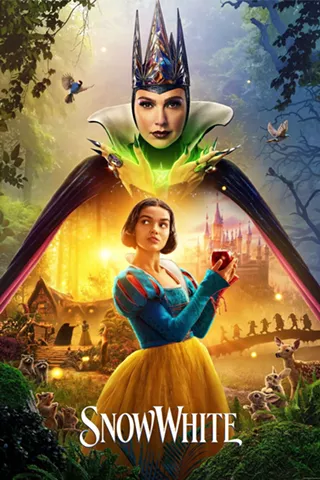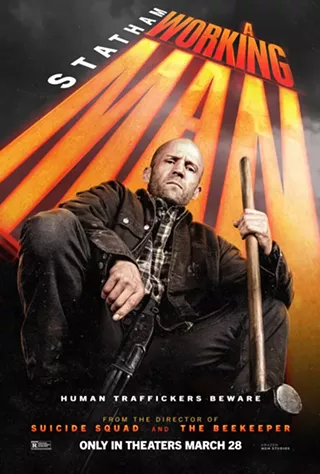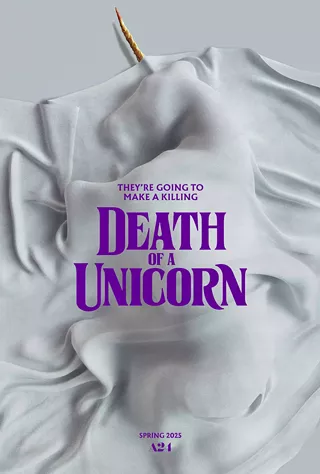I love movies. Well, not The Black Balloon. I thought it sucked. But in general.
Still, I think there are a lot of people who would enjoy The Black Balloon. In fact, more than 1,400 voters on the Internet Movie Database have given it an average rating of 7.5 out of 10. Now, there are a lot of stupid people in the world, but still, and I mean this sincerely, 7.5 out of 10 is above average. Totally above average.
The Black Balloon is about a few weeks in the life of teenager Thomas Mollison and his family. Since they're Australian, Mrs. Mollison is played by Toni Collette, about whom nobody has anything bad to say ever, because she's an impeccable actress. If she was pretty, she'd have Angelina Jolie money. As it stands, she has to live on the praise of critics.
Anyway, Mrs. Mollison and her husband, Simon, move around a lot, because he's in the army (or as they say in Australia, "the ahmy"). Which is hard on their son Thomas (Rhys Wakefield), who, at 15, is experiencing pubic-hair feelings for the first time. Also difficult is the fact that Thomas' brother, Charlie (Luke Ford), has severe autism, can't speak, runs around the neighborhood in his underwear urinating in strangers' bathrooms, and occasionally creates art with his own feces.
When the family moves to a new town, Thomas decides to make friends by going to lifeguard school. There, he encounters Jackie (Gemma Ward), who is causing all the boys' bathing suits to look like they've been used as storage bags by large-mushroom collectors. Thus, Thomas' underpants-tingling leads him to seek fleshly knowledge of Jackie's recessed areas.
Of course, Charlie causes trouble for Thomas' hormonal happiness by being autistic and breaking into Jackie's house and running into the bathroom while she's in the shower. But Jackie—and this is the second thing I hated about this movie (the first was "everything")—is one of those magical movie teenage girls who, while having no particular story or complexity, is nonetheless wonderful and sprinkles magic and sunshine on the deserving boy who loves her. What makes this doubly annoying is that her attraction to Thomas is largely unexplained; it's just that he's the protagonist of the film, so of course the most attractive female in the cast is in love with him.
Anyway, they bond, and she's nice to Charlie and understanding of the troubles Thomas has and blah blah blah. The problem up to this point in the film is that nothing interesting happens. It's all scene-setting: Here's supermom Toni Collette taking care of things and refusing to rest while pregnant, even though the doctors order her to. Here's Thomas, made sensitive by his autistic brother and his family's constant migrations. Here's Charlie, the lovable but troublesome autistic child. And here's Jackie, the magic girlfriend. Everything moves right along like this for the first half of the film.
Then there's some tender love and swimming and, I swear to God, a montage of Thomas and Jackie and Charlie running through the woods and crawling through an obstacle course of pipes and ropes and laughing and smiling and playing with sticks while a perky alterna-pop song plays. It's completely but unselfconsciously parodic. Then, tragically, there's some truly horrible dialogue, because all of the sudden, the writers (Elissa Down, who also directed, and Jimmy Jack) realize they have to give Jackie a backstory, so they have her close her eyes and tell Thomas to close his eyes, and she says, "What do you see?" and he says, "Fuzzy spots," and she says, "Those never go away. ... I keep thinking that if I stare at them long enough, they'll go away, and I'll see my mother." Because her mom is dead. So, you know, that makes her a good person.
And then there's some violence and conflict in the Mollison household, which is actually kind of nice, because finally something happens in the movie. It's like director Down spent an hour trying to decide what the movie was about, and then, having failed to figure that out, just threw in a fight. But it's a well-done fight, and the movie finally kicks into gear, and the last half hour is pretty decent.
So if you're still in the theater at that point, there's something. I will say that technically, the film is excellent in several ways. First, the cinematography by Denson Baker is completely invisible. Baker knows exactly where to place a camera so that it feels like you're not watching a movie; there's just a story unfolding in your mind. His skill at lighting is also impressive. Much of it is natural light, which doesn't make things easier, and the indoor scenes have a richly colored naturalness to them.
Plus, Collette and Erik Thomson (as Thomas' father) are great in their roles, again putting forward exactly the kind of unforced naturalness that an intimate film like this calls for. Gemma Ward is also surprisingly good, especially considering that she's mostly a fashion model and has only done three films.
So, in closing, there are some nice things that I've said about The Black Balloon. I mean, it's sappy and cute and formulaic, and people enjoy that. Who am I to stop them?
















